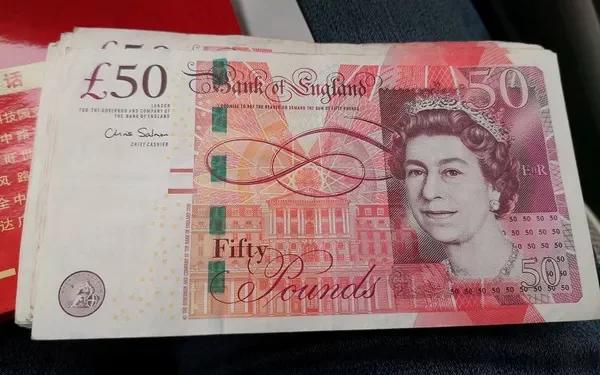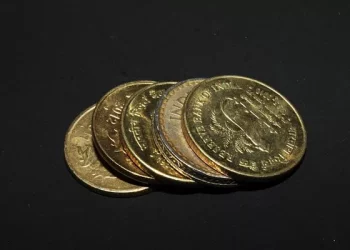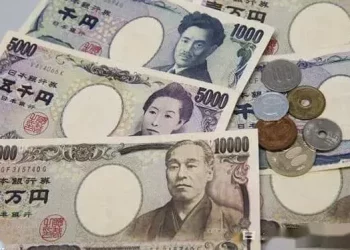GBP, often seen as a financial abbreviation, represents the British pound. As one of the world’s oldest and most influential currencies, the pound sterling plays a vital role in global finance. In this article, we will explore the meaning of GBP, delve into its historical significance, discuss the structure and denominations of the British pound, and examine its role in international trade and investments.
What is GBP?
- Origin and Definition: GBP is an acronym for “Great British Pound” or “British Pound Sterling.” The term “sterling” originates from the Latin word “sterilis,” meaning “pure” or “of high quality.” GBP is the official currency code used to represent the British pound in international financial transactions.
- Currency Symbol: The currency symbol for the British pound is £, derived from the letter “L” for “libra,” an ancient Roman unit of weight. The symbol is widely recognized and used to denote the pound in monetary contexts.
Historical Significance of the British Pound:
- Rich History: The British pound has a long and storied history dating back to the Anglo-Saxon era. It has witnessed significant events such as the introduction of paper money, the formation of the Bank of England, and the establishment of the gold standard.
- Former Reserve Currency: The pound sterling was once a dominant global reserve currency, widely used in international trade and finance. Its historical significance has left a lasting legacy, even as the global financial landscape has evolved.
Structure and Denominations of the British Pound:
- Currency Units: The British pound is divided into subunits, consisting of pence (p). One pound is equivalent to 100 pence. This system allows for smaller denominations, facilitating daily transactions.
- Denominations: The British pound is available in various banknotes and coins. Banknotes are issued in denominations of £5, £10, £20, and £50, while coins come in denominations of 1p, 2p, 5p, 10p, 20p, 50p, £1, and £2.
- Evolution of Design: Over time, the design of British banknotes and coins has evolved, featuring notable figures from British history, iconic landmarks, and symbols representing the nation’s heritage.
Role in International Trade and Investments:
- International Trade: The British pound plays a significant role in international trade, particularly in the United Kingdom’s exports and imports. Exchange rates between the pound and other currencies impact the competitiveness and pricing of goods and services.
- Financial Markets: The British pound is actively traded in global foreign exchange markets. Exchange rate fluctuations can present both opportunities and risks for traders, investors, and businesses engaged in currency trading or hedging strategies.
- Investment and Capital Flows: The stability and value of the British pound influence investment decisions and capital flows into the United Kingdom. Investors consider factors such as interest rates, economic indicators, and political stability when assessing the attractiveness of pound-denominated assets.
Future Outlook and Challenges:
- Brexit Impact: The decision by the United Kingdom to leave the European Union, known as Brexit, has introduced uncertainties and potential challenges for the British pound. The negotiation process, trade agreements, and economic implications have influenced the pound’s value and future trajectory.
- Economic Factors: Macroeconomic indicators, fiscal policies, and monetary decisions by the Bank of England affect the strength and stability of the British pound. Factors such as inflation rates, interest rates, and economic growth can impact the pound’s value.
- Global Economic Landscape: The British pound’s value is influenced by global economic trends, including trade tensions, geopolitical events, and shifts in investor sentiment. Monitoring these factors is crucial for understanding the future outlook of GBP.
Conclusion:
GBP, the abbreviation for the British pound, represents a currency with a rich historical significance and a vital role in the global financial system. Understanding the meaning of GBP, its denominations, and its role in international trade and investments provides valuable insights for individuals, businesses, and investors. Keeping abreast of economic factors, geopolitical events, and the evolving global landscape helps assess the future outlook and challenges faced by the British pound.
Related Topics:
- What is the exchange rate for pounds to Australian dollars?
- Pound to Euro Exchange Rate Today: Analysis & Predictions
- Unraveling the Significance of the British Pound

























